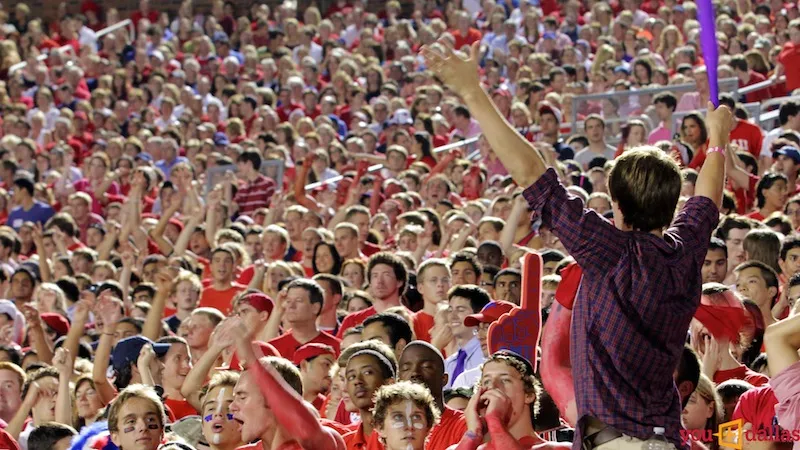Sports
Premier League 2025: Sponsorship Revenues Hit Record Highs Amid Global Demand

The Premier League has reached a new financial milestone in 2025 as sponsorship and commercial revenues climb to record levels, cementing its status as the most lucrative football competition in the world. Driven by global broadcasting demand, digital fan engagement, and new partnerships across technology and finance, the league’s financial success underscores the enduring power of English football as both a sporting and commercial enterprise. The new revenue wave reflects the league’s ability to balance global expansion with its uniquely British identity, positioning it as a model for modern sports economics.
Explosive Growth in Sponsorship and Commercial Deals
Sponsorship revenues across Premier League clubs have surged to unprecedented levels this year, with total league-wide commercial income surpassing £2.1 billion. The growth has been driven by a wave of new international partnerships, particularly from technology, cryptocurrency, and consumer brands seeking association with the league’s global audience. Major clubs such as Manchester United, Liverpool, and Arsenal have renewed headline sponsorships at record values, while smaller clubs have successfully secured multi-year deals with emerging brands from Asia and North America.
The Premier League itself has signed several new league-wide partnerships, including collaborations with financial institutions, streaming services, and sustainability-focused companies. This diversification of sponsors reflects a shift in strategy toward long-term partnerships built around digital innovation and global reach. Marketing experts note that clubs are no longer simply selling shirt space or stadium banners but full-scale brand experiences that integrate technology, fan data, and interactive content.
Digital engagement has played a pivotal role in this growth. With social media and streaming platforms expanding the global reach of English football, sponsors are gaining access to billions of impressions each season. The league’s digital transformation strategy, which includes immersive fan platforms and augmented-reality match experiences, has allowed brands to engage audiences in new ways, further increasing the commercial value of sponsorship rights.
Global Expansion and Market Competition
International broadcasting continues to fuel the Premier League’s financial dominance. The 2025–2028 media rights cycle has secured record overseas revenues, with broadcasters from Asia, the United States, and the Middle East driving intense competition for live match coverage. Analysts estimate that international media deals now account for more than half of the league’s total broadcasting income.
Clubs have capitalized on this global appetite by expanding their pre-season tours and international partnerships. The United States, Japan, and the Gulf region have become focal markets for fan engagement campaigns. Merchandising and licensing revenue have also grown rapidly, as global retailers embrace official Premier League collaborations. This worldwide demand has created a virtuous cycle of exposure, sponsorship, and fan loyalty, turning English football into one of Britain’s most successful exports.
However, this expansion has not been without challenges. Critics warn that excessive commercialization risks alienating domestic fans who feel priced out by rising ticket costs and premium streaming subscriptions. League executives have responded with initiatives aimed at protecting accessibility, including community investment programs and more flexible pricing structures for local supporters. Maintaining balance between global ambition and grassroots connection remains a defining test for the Premier League’s long-term success.
The Rise of Technology and Sustainability in Football Finance
A defining feature of the 2025 season has been the rise of technology-driven partnerships. From data analytics firms to artificial intelligence startups, technology companies are becoming central sponsors and strategic collaborators for Premier League clubs. These partnerships go beyond branding, helping teams optimize performance, fan engagement, and commercial operations through advanced data modeling. Clubs now use predictive analytics to understand consumer behavior, tailor marketing campaigns, and even forecast match-day sales.
Sustainability has also become a major theme in sponsorship. Several Premier League teams have launched initiatives with renewable energy companies and environmental foundations to promote carbon-neutral operations. The league itself has committed to achieving net-zero emissions by 2040, aligning with broader UK climate goals. This shift reflects growing expectations among fans and corporate partners for socially responsible business practices.
These developments show how football is evolving into a platform for broader innovation. Sponsors are no longer just attaching logos to shirts, they are shaping how clubs operate, interact, and grow. The blend of sport, technology, and sustainability has given the Premier League a competitive edge that extends far beyond the pitch.
Financial Leadership and Future Outlook
The Premier League’s financial performance stands out even amid global economic uncertainty. According to recent figures, combined club revenues now exceed £6.5 billion annually, surpassing pre-pandemic levels. This financial resilience has helped English clubs maintain competitiveness in the transfer market, attract world-class talent, and invest in state-of-the-art facilities.
League administrators continue to emphasize responsible growth, ensuring financial regulations prevent overspending while promoting fair competition. Initiatives such as cost-control frameworks and transparency standards are designed to protect long-term stability. Meanwhile, clubs are diversifying income sources through women’s football, e-sports, and digital collectibles, sectors expected to generate significant revenue over the next decade.
Looking ahead, the Premier League’s success depends on maintaining its balance between exclusivity and inclusivity. As it strengthens its global dominance, it must continue to prioritize fair play, community engagement, and sustainable operations. The league’s ability to evolve with technology and remain authentic to its British heritage will determine whether this period of record sponsorship revenue becomes a sustainable model for the future of sport.
Conclusion
The record-breaking sponsorship revenues of 2025 mark a defining chapter in the Premier League’s commercial history. Through strategic partnerships, global expansion, and digital innovation, English football has positioned itself as a global powerhouse of both entertainment and enterprise. Yet the challenge remains to ensure that financial success continues to benefit clubs, fans, and communities alike.
As the Premier League moves forward, its example illustrates how modern sport can blend commerce, culture, and technology without losing its competitive soul. The league’s story in 2025 is not just one of profits but of evolution, a reminder that in football, as in business, growth is most powerful when it is shared.






















